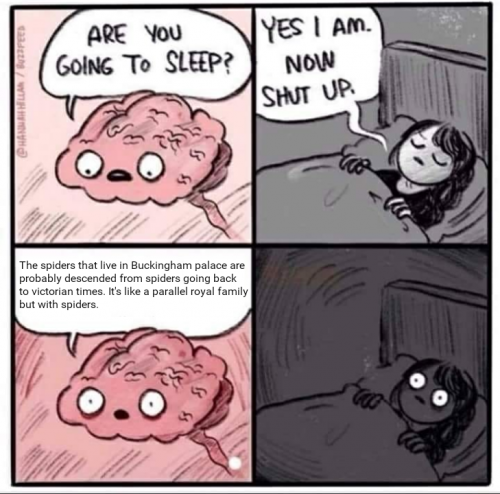We should face the facts: New Atheism is dead. Time for a post-mortem.
New Atheism itself was a rather slight intellectual movement and thus fizzled out quickly…
Ow. Ouch. Hey, that stings. Gettin’ personal there. But why was it slight, and why has it fizzled out? I think we can blame that on the refusal of leading figures to get at all deep, on their shallow understanding of philosophy, and how they only used atheism as a tool to promote a regressive and ultimately racist ideology. The representative of that self-defeating side of the New Atheism is…
…but not before Harris had cemented himself as the arch critic of fundamentalist Islam—a figure willing to challenge the progressive shibboleths of tolerance and multiculturalism that are, as Harris has put it, getting us killed by the thousands. This contrarian stance has steadily intensified over the years (it went into overdrive in 2014 after Ben Affleck famously suggested that Harris is an Islamophobe on HBO’s Real Time With Bill Maher) and today encompasses much more than the simple critique of “Islamism” that made his name.
Harris’ association with the Intellectual Dark Web, his constant focus on “identity politics” and “liberal delusion,” and his obsession with his own “bad-faith” critics, just to name a few examples, have made him the bête noire of the left. And this open break with the liberal class of which he has been a member throughout his career has made him more popular than ever. Well over a million people follow Harris on Twitter and listen to each of his podcasts. But as his platform has grown, he has ventured into areas far outside his core competencies, which are limited to mindfulness/meditation and perhaps (though this is debatable) certain subdisciplines of neuroscience and philosophy of mind. As a result, Harris often finds himself in avoidable confrontations with experts on controversial topics about which he knows very little.
I agree. Harris has been a disaster. Dawkins stuck his foot in his mouth a few too many times, and has kind of receded into the background. Dennett avoided most of the problems his peers dragged in, but he is even more retiring now, and does a good job of avoiding entanglement in conservative culture wars. Harris, on the other hand, is still in there, obstinately slugging away, sinking deeper and deeper into the quicksand of the alt right, and representing the failure of his ideology loudly and persistently.
The article tries to explain what’s wrong with the guy. I partly agree.
This means that much of the criticism of Harris currently out there is misplaced. In recent years he’s been repeatedly assailed as a bigot and racist. He is neither. The trouble with Harris is more prosaic: he just doesn’t know what he’s talking about. The Diamond episode is just one example of how Harris’ issues are mostly the result of his own ignorance. The problem isn’t that he’s not an expert at everything—obviously no one is. The problem is that Harris is deeply assertive, outlandishly so, in precisely the areas that are thorniest for non-experts to meaningfully wade into.
Don’t be so quick to excuse his racism! This is like the argument that you can’t be a racist unless you join the KKK and participate in a lynching — nope, we white people have a lot of easy ways to be racist, and Harris is happy to exercise all of them.
But otherwise, yes, that is correct. Harris is an erudite ignoramus. He’s very good at mouthing the platitudes of scholarship while ignoring the principles. The article goes on to cite his catastrophic encounters with Jared Diamond, Ezra Klein, Noam Chomsky, and Bruce Schneier, all incidents where his shortcomings and his egotistical inability to overcome his own prejudices were brought to light.
It sure would be nice to be able to point to Sam Harris and say that the embarrassment of the New Atheism was all his fault, but he had partners in crime, and worse still, commands an audience of millions of atheists who worship his ‘wisdom’. The real failure was that the New Atheism failed to inspire people to be better, and instead simply reassured them that their biases were “logical” and “rational” and “enlightened”.






